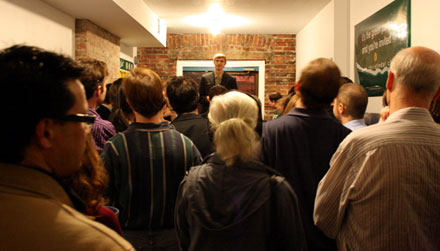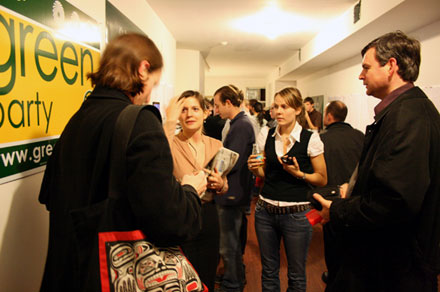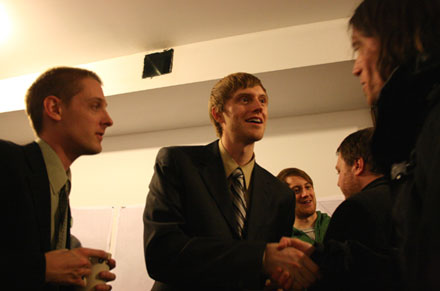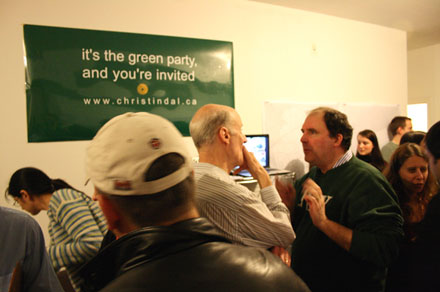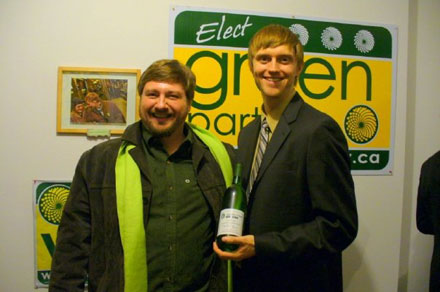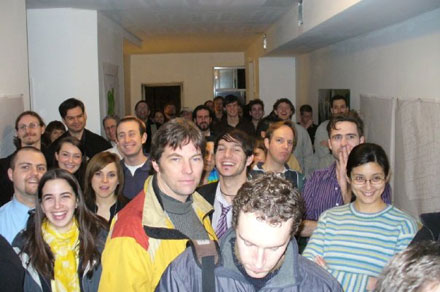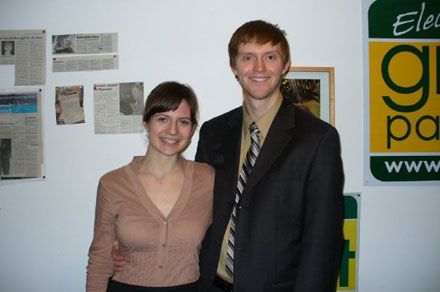A friend of mine just sent me this piece by author and environmentalist Derrick Jensen, who happens to be speaking in Toronto tonight. Here’s a relevant excerpt:
More or less all of us yammer on more or less endlessly about hope. You wouldn’t believe—or maybe you would—how many magazine editors have asked me to write about the apocalypse, then enjoined me to leave readers with a sense of hope. But what, precisely, is hope? At a talk I gave last spring, someone asked me to define it. I turned the question back on the audience, and here’s the definition we all came up with: hope is a longing for a future condition over which you have no agency; it means you are essentially powerless.
I’m not, for example, going to say I hope I eat something tomorrow. I just will. I don’t hope I take another breath right now, nor that I finish writing this sentence. I just do them. On the other hand, I do hope that the next time I get on a plane, it doesn’t crash. To hope for some result means you have given up any agency concerning it. Many people say they hope the dominant culture stops destroying the world. By saying that, they’ve assumed that the destruction will continue, at least in the short term, and they’ve stepped away from their own ability to participate in stopping it.
I do not hope coho salmon survive. I will do whatever it takes to make sure the dominant culture doesn’t drive them extinct. If coho want to leave us because they don’t like how they’re being treated—and who could blame them?—I will say goodbye, and I will miss them, but if they do not want to leave, I will not allow civilization to kill them off.
When we realize the degree of agency we actually do have, we no longer have to “hope†at all. We simply do the work. We make sure salmon survive. We make sure prairie dogs survive. We make sure grizzlies survive. We do whatever it takes.
Not a bad point. Let’s get to work.
